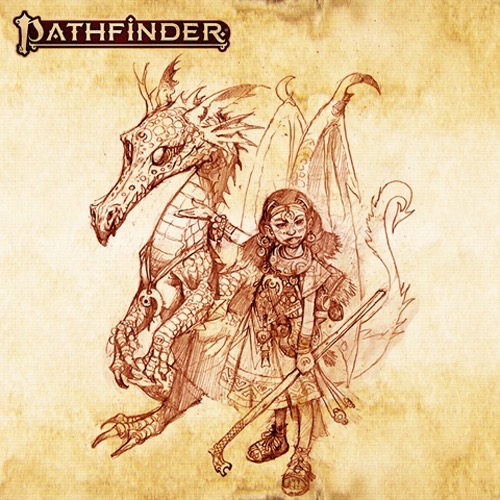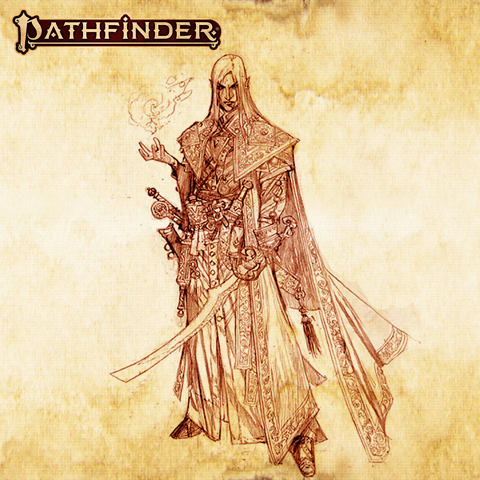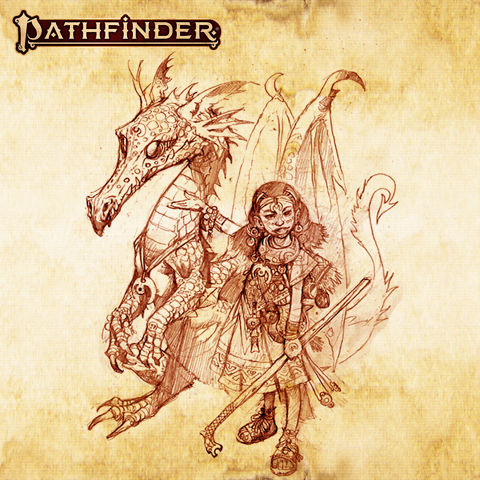The Pathfinder Secrets of Magic playtest ends on October 16! That means you have one more week to put the magus and summoner through their paces and fill out the survey. If you haven’t picked up the playtest yet, download it here. The surveys can be found at https://www.surveymonkey.com/r/SoMClassSurvey to take the main survey, as well as https://www.surveymonkey.com/r/SoMOpenResponse if there are details you’d like to add that aren’t addressed in the class survey. These surveys are the main way we can collect data and sort through it, but you can also join the discussion of the classes on the playtest forum.
If you’ve already filled out the survey, playtested with one these classes, or contributed to discussions, thank you so much! Our previous playtests have made a big difference for the final classes, and this one will as well. We appreciate you taking time in your games to improve our future releases!
Logan Bonner
Pathfinder Lead Designer
Secrets of Magic Final Week
Monday, October 12, 2020









